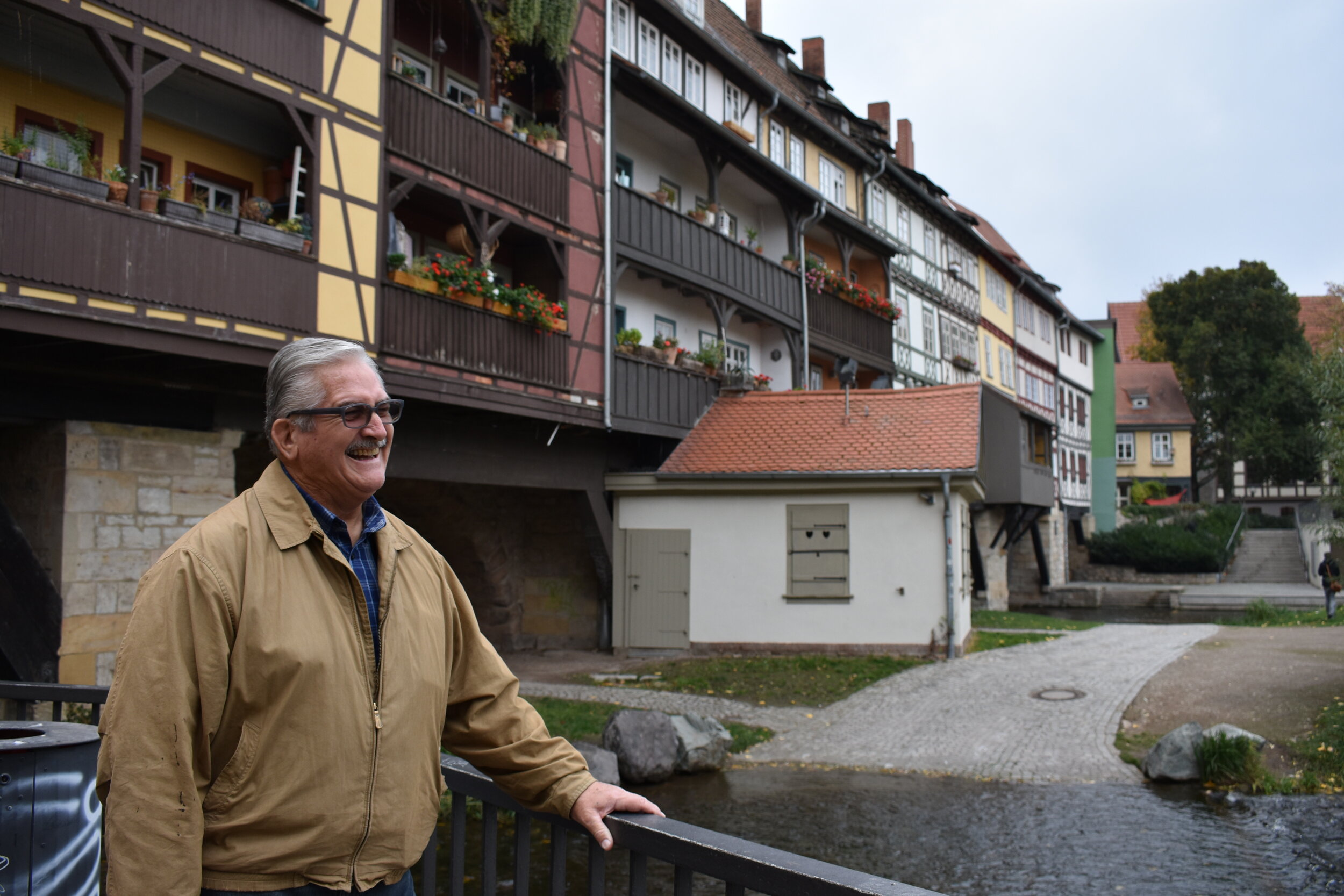The goal is audacious. But as far as James Davis, founder of the Global Church Network, is concerned, Christians need deadlines. Otherwise, they will never do what they need to do to fulfill the Great Commission.
His group gathered in Zurich, Switzerland, last September with 400 ministry leaders from across Europe who committed to raising up and equipping more than 100,000 new pastors in the next decade. The network plans to establish 39 hubs in Europe, with a goal of 442 more in the years to come, for training church planters, evangelists, and pastors to proclaim the gospel.
“A vision becomes a goal when it has a deadline,” Davis said at the event.
“So many Christian leaders today doubt their beliefs and believe their doubts. It is time for us to doubt our doubts and believe our beliefs. We will claim, climb, and conquer our Mount Everest, the Great Commission.”
Davis has a number of very motivated partners in this project, including the Assemblies of God, the Church of God (Cleveland, Tennessee), and the International Pentecostal Holiness Church. The network also counts The Wesleyan Church, the Church of the Nazarene, the Foursquare Church, the Church of God in Christ, and OMF International (formerly Overseas Missionary Fellowship) as members of a broader coalition working to complete the Great Commission in the near future. If it turns out their European goal is a bit beyond reach, they will still undoubtedly do a lot between now and their deadline.
And the Global Church Network is not alone. In Germany, the Bund Freikirchlicher Pfingstgemeinden (Association of Free Church Pentecostals) has announced plans to plant 500 new churches by 2033. The group, celebrating its 150th anniversary in 2024, told CT it is currently planting new congregations at a rate of about seven per year. Raising up new pastors is key to its growth strategy.
And the Bund Evangelisch-Freikirchlicher Gemeinden in Deutschland (Association of Free Evangelical Churches in Germany) has planted 200 churches in the past decade. It has grown to about 500 congregations with 42,000 members. The Free Evangelicals also have plans to launch 70 new churches by 2030, at a rate of 15 per year, and then start another 200 by 2040.
“Goal setting is a bit of a thing in Europe,” said Stefan Paas, the J. H. Bavinck Chair for Missiology and Intercultural Theology at the Free University of Amsterdam and the author of Church Planting in the Secular West.
He’s not convinced it’s a good thing for Christian missions, though. In fact, he doesn’t think ambition, verve, and goal setting actually work.
Paas’s research shows that supply-side approaches—the idea that if you plant it, they will come—seem promising and often demonstrate early success, but the results mostly evaporate. While it is widely believed that planting new churches causes growth, he said, that’s not what the evidence shows.
“Yes, newer churches tend to draw in more people and more converts, but they also lose more,” Paas told CT. “There’s a backdoor dynamic where people come into newer churches but then leave.”
He examined the Free Evangelicals’ membership statistics from 2003 to 2017 and found that church plants often correlated with quick growth but then slow decline.
“It’s one thing to draw people, and another thing to keep them,” he said.








